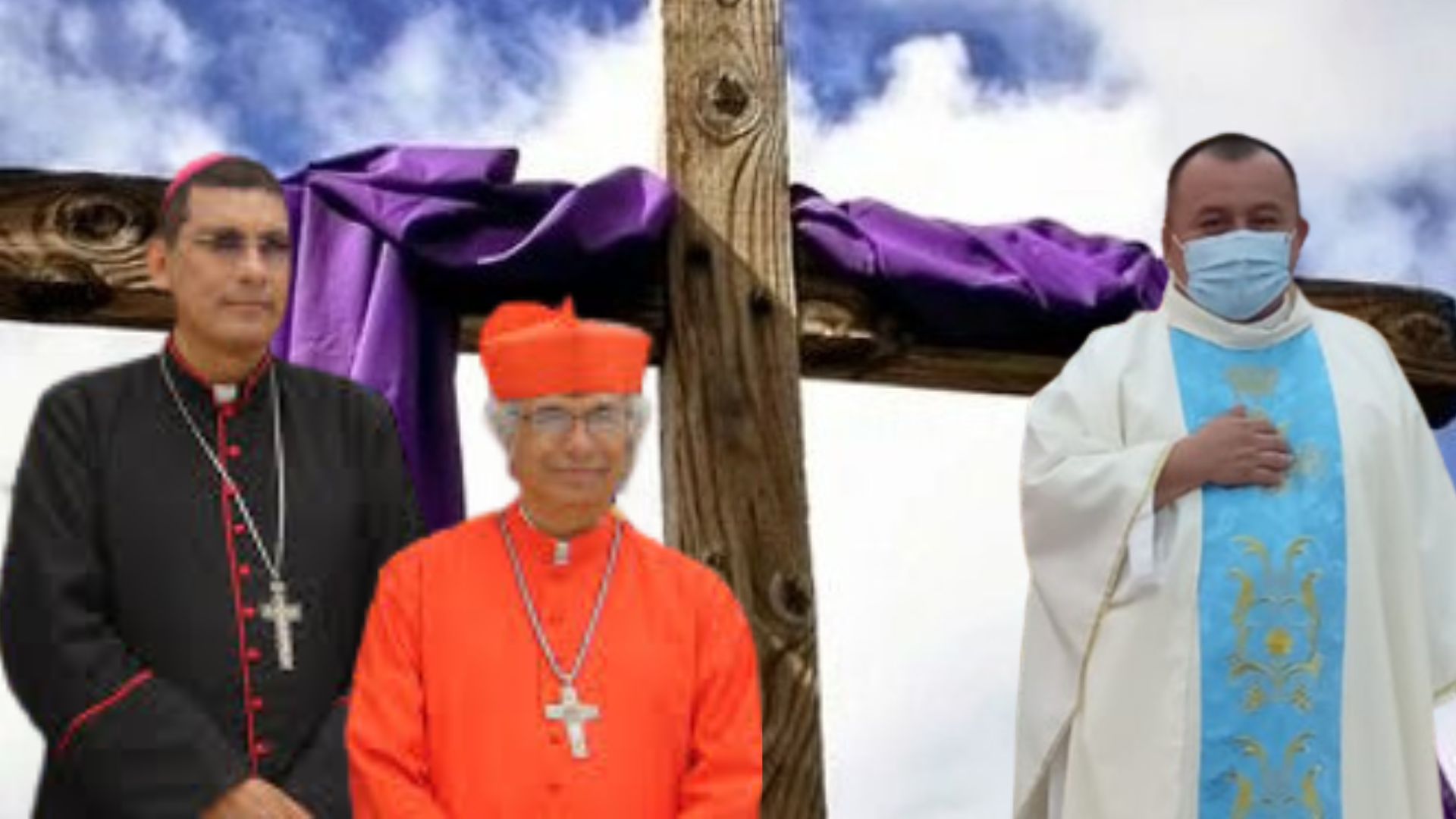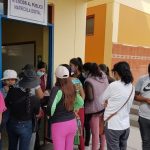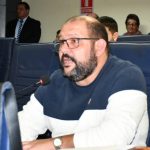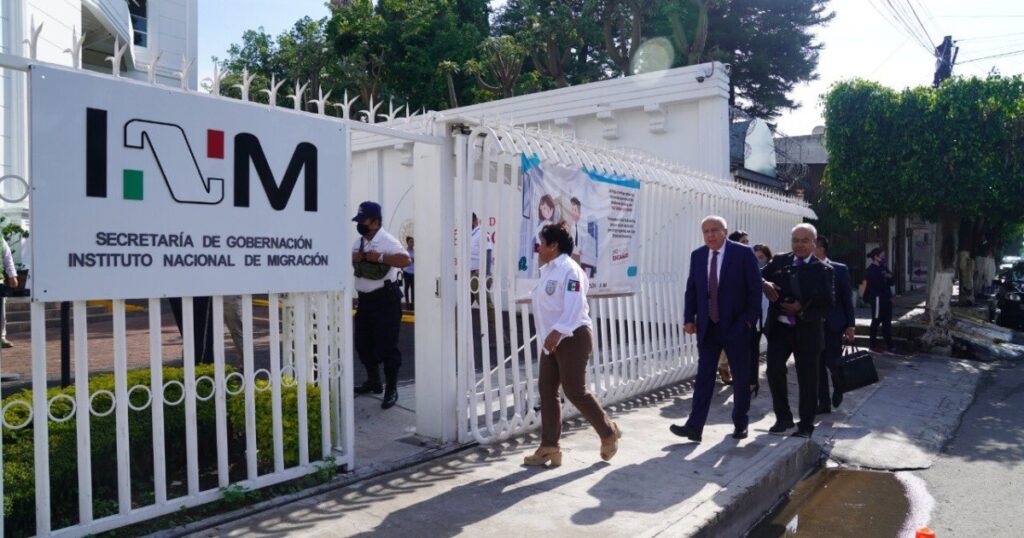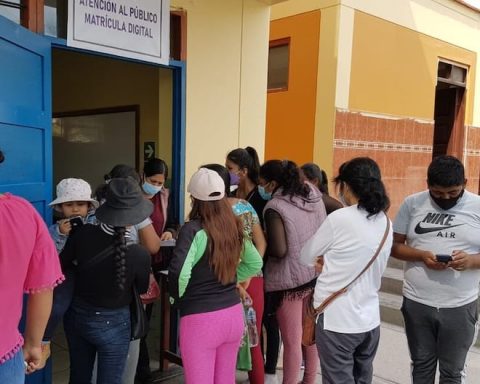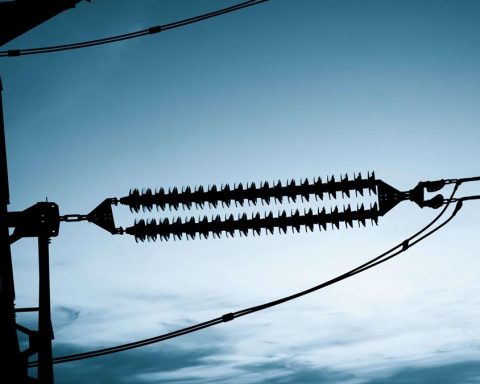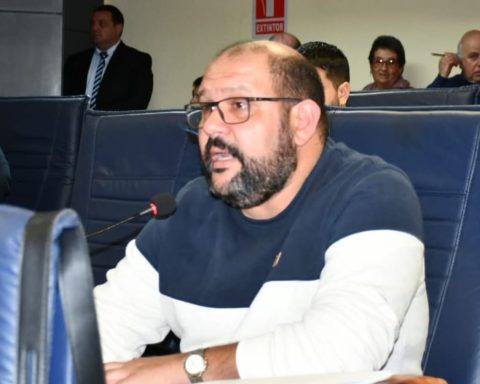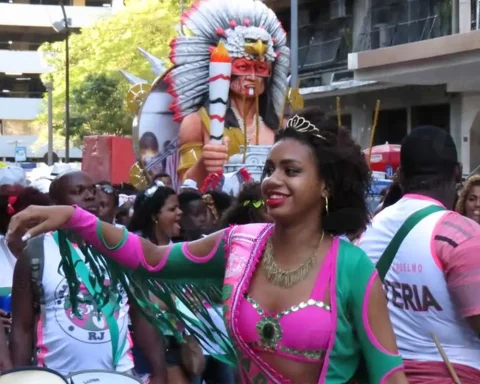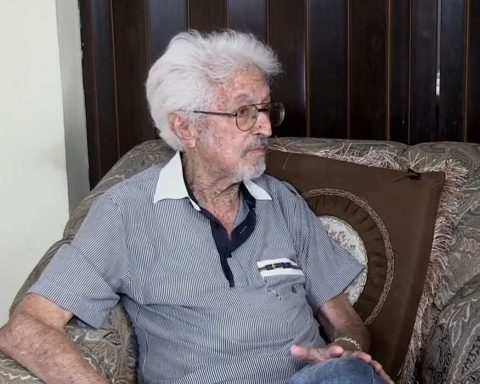The Diocese of Granada issued a pastoral message expressing its pain at the imprisonment of two priests from that ecclesial jurisdiction at the hands of the dictatorship of Daniel Ortega and Rosario Murillo.
“We thank God for the prayers, affection and solidarity of you (faithful) in these difficult times. His compassion unites us in the suffering caused by the imprisonment of Fathers Manuel Salvador García and Monsignor Leonardo Urbina, with them we all place ourselves in the hands of the Lord”, states the message from the Presbyteral Council of Granada.
Related news: Monsignor José Leonardo Urbina will appear in initial audience on July 21
The message from the Diocese comes after weeks of silence from the Church authorities in the midst of a wave of religious persecution initiated by the dictatorship of Daniel Ortega and Rosario Murillo.
The Diocese of Granada asks the Catholic faithful and their pastoral staff “not to be discouraged or lose hope.”
“It is time to be creative to continue announcing the Gospel with boldness,” requests the Catholic hierarchy of Granada.
DAY OF PRAYER FOR IMPRISONED PRIESTS ANNOUNCED
The Diocese of Granada asks all the parishes of Granada, Rivas and Boaco to hold days of prayer to achieve the reconciliation of Nicaraguans.
Likewise, he asks the priests to be present in these days as intentions the strength for the priests imprisoned by the Ortega dictatorship.
“Priests and faithful, let us keep in mind in the Eucharistic celebration every day, prayers for the spiritual strength of Fathers Manuel and Monsignor Leonardo, with whom our fraternal love is always,” the pastoral message ends.
PERSECUTION OF THE CHURCH
In addition to the imprisonment of the priests Manuel García and Leonardo Urbina, the expulsion of the Sisters of Charity nuns on July 6 is added, which caused a global wave of rejection of the Ortega regime throughout the Catholic world.
Added to this are the denunciations made by the Vicar General of Managua, Carlos Avilés Cantón, who denounced to a Spanish Catholic radio station the systematic espionage that priests have been suffering from by the dictatorship.
“There are many cases of harassment of the clergy. Recordings of homilies, infiltrate people in the communities. I can tell you that in the catechism of confirmation and first communion they infiltrate people to see what we are teaching. In the homilies, about 40 or 50 homilies review each week to see what we say, what we preach,” the priest told journalist Josué Villalón on Radio María España in June.
